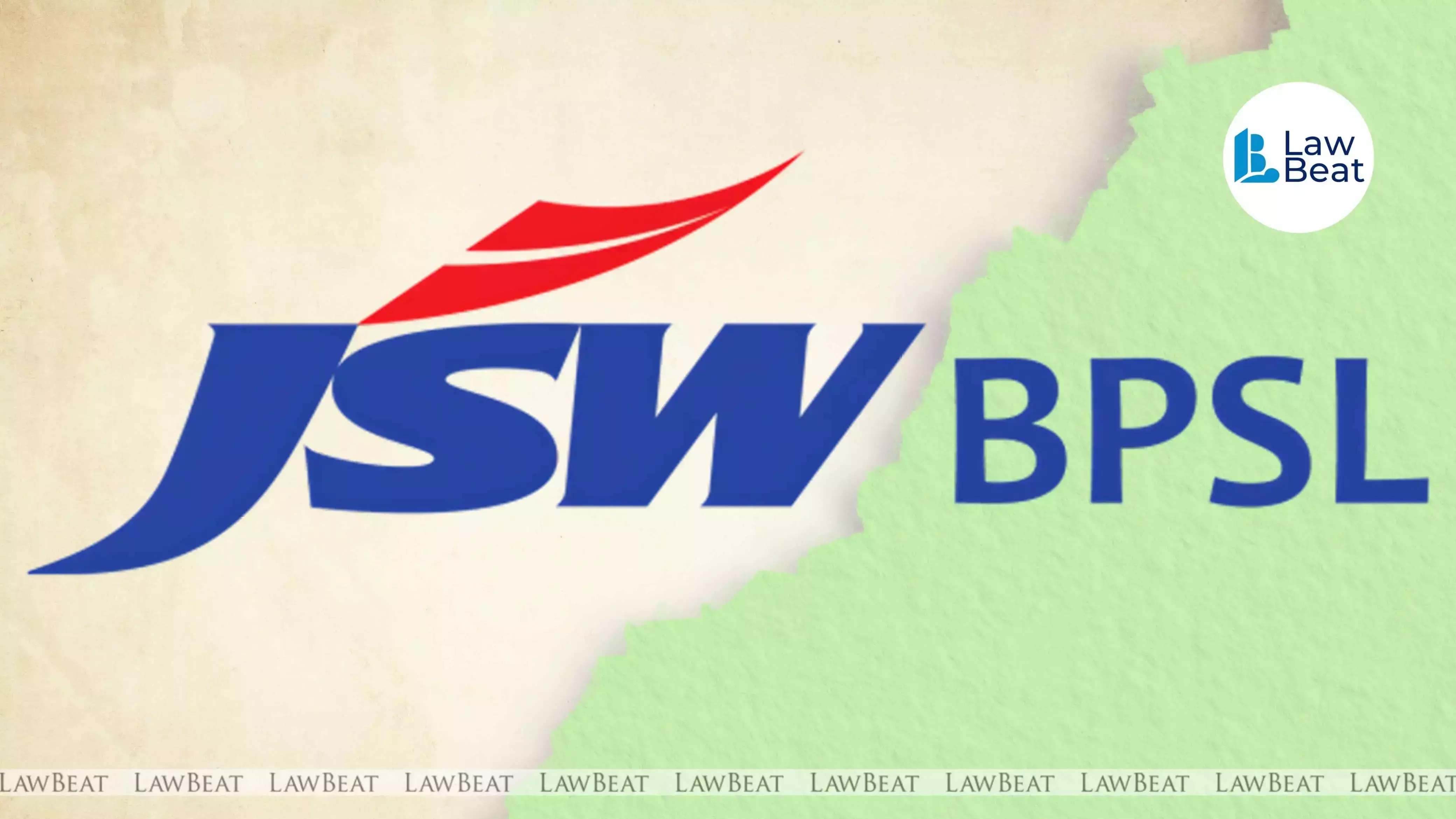What is the Supreme Court examining in the JSW-BPSL review — Full Legal Rundown

In July, SC had admitted review petitions challenging its recent judgment that set aside JSW Steel’s resolution plan for Bhushan Power and Steel Ltd.
On May 2, 2025, the Supreme Court ordered liquidation of Bhushan Power & Steel Ltd (BPSL) and scrapped JSW Steel’s Rs. 19,350-crore resolution plan four years after takeover sending shockwaves through India’s insolvency market. That verdict has now been recalled; the Court has re-heard the matter in open court and on reserved its judgment.
Background
BPSL, one of RBI’s original “dirty dozen,” entered Corporate Insolvency Resolution Process (CIRP) in 2017 with dues exceeding Rs. 47,000 crore. JSW’s plan cleared the Committee of Creditors (CoC) in 2018, got National Company Law Tribunal (NCLT) approval in 2019, and was substantially implemented by March 2021, including an upfront payment of Rs.19,350 crore.
On May 2, 2025, in Kalyani Transco v. BPSL, the Bench of Justice Bela Trivedi and Justice Satish Chandra Sharma of Supreme Court set aside the plan, castigated the Resolution Professional’s (RP’s) conduct, and directed liquidation with refunds to creditors and JSW.
On May 26, the Apex Court ordered status quo on liquidation. On July 30–31, a Bench led by CJI B.R. Gavai agreed to hear the review petitions in open court; on August 2, it recalled the May 2 verdict, finding apparent errors and the need to reconsider in light of precedents like Essar Steel, Ghanashyam Mishra, Swiss Ribbons, and Kalpraj.
What the Court has heard in review
A CJI-led bench, CJI B.R. Gavai, Justices Satish Chandra Sharma and K. Vinod Chandran, heard the review over multiple days in August and then reserved judgment on August 11, 2025. The Court also issued notice to respondents including Kalyani Transco, the ED and former promoters when listing the matter for open-court review.
Key contentions before the Court:
1) Who owns the EBITDA generated during CIRP/implementation?
JSW argued Earnings before Interest, Tax, Depreciation, and Amortisation (EBITDA) during the period was an operational attribute of the corporate debtor; not a distributable “profit” owed to lenders under the Request for resolution plans (RFRP), the approved plan or the IBC framework. JSW said “as-is-where-is” bidding meant it bore losses and benefited from efficiencies, and that delays stemmed from ED attachments, not JSW. The Bench pressed whether letting JSW retain the benefit of reduced losses under the RP’s watch amounts to "unjust enrichment".
2) Compliance with plan funding and the CCD route.
Former promoters contended JSW failed a Rs. 7,000-crore working capital commitment and instead routed funds via compulsorily convertible debentures (CCDs) of a subsidiary, termed “illegality” and “fraud” by them. The Solicitor General said the government’s stand has been that the funds came via CCDs, while stopping short of confirming full compliance on the existing record.
3) CoC authority after plan approval.
For the lenders/CoC, the Solicitor General argued the CoC’s authority persists until proceedings conclude (Section 62 IBC), with oversight continuing through the monitoring committee; if the RFRP wanted EBITDA allocation, bidders would have priced for it. This was framed as one of the “worst cases of siphoning,” resisting attempts to target the best-performing resolution plan ex post.
4) ED’s attachments and investigative overreach.
Separate hearings recorded sharp judicial criticism of ED actions, including questions about initiating proceedings against a government-owned corporation and cloning employee phones, raised by senior counsel and noted by the bench earlier in the saga. JSW tied implementation delays to these attachments.
Who appeared for whom?
-JSW Steel Ltd.: Senior Advocate Neeraj Kishan Kaul, Senior Advcoate Gopal Jain; teams from Karanjawala & Co. (incl. Nandini Gore, Tahira Karanjawala) and AZB & Partners (Rajendra Barot, Vivek Shetty, Suharsh Sinha, Sherna Doongaji, Akhilesh Menezes), among others.
-Committee of Creditors (incl. SBI, PNB): Solicitor General Tushar Mehta with Raunak Dhillon of Cyril Amarchand Mangaldas.
-Resolution Professional: Senior Counsel Navin Pahwa with Shardul S. Shroff.
-Ex-promoter Sanjay Singhal: Senior Advocate Dhruv Mehta.
-Respondents/noticees in review: Kalyani Transco, ED and former promoters, per listing order.
The legal hinge points:-
1.Finality vs. correctness: Can a fully implemented plan be unraveled four years later for alleged regulatory breaches, or must errors yield to finality under Essar Steel line of cases? The recall order signals openness to correct legal misapprehensions.
2. Value accretion during resolution: Whether surplus (EBITDA/value increase) belongs to lenders, the RA, or follows the plan’s text, an answer with market-wide implications for pricing and monitoring committees.
3. State action friction: How far ED’s PMLA actions can impede IBC timelines and who bears the risk of delays caused by attachments.
Why It Matters?
This case tests the robustness of India’s insolvency resolution framework, especially after reforms in 2016 aimed at encouraging successful acquisition of distressed assets. The Supreme Court’s decision could clarify boundaries on CoC oversight, the permanence of resolution approvals, and the legitimacy of review petitions after plan rejection.
What comes Next?
With arguments concluded, the Court’s reserved verdict is eagerly awaited. Its decision will determine not only the fate of JSW Steel’s resolution but potentially recalibrate expectations across India’s insolvency ecosystem, impacting how future resolution plans are structured, reviewed, and defended.
